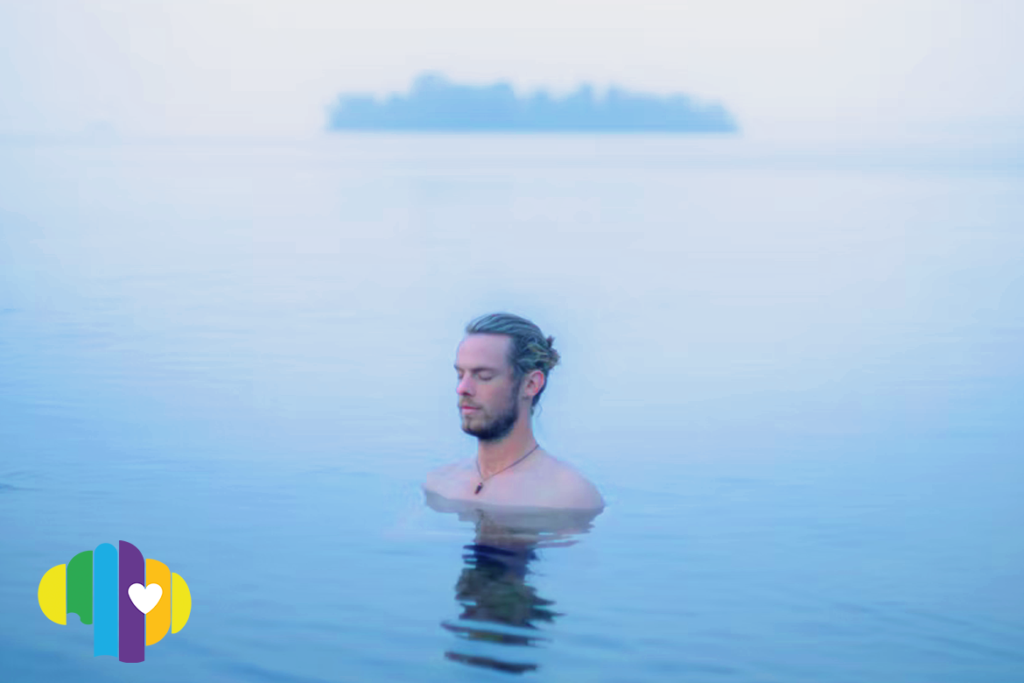What is it?
Cold water therapy is using cold water that is around 59°F/15°C to help with health problems or for health benefits. Cold water therapy can also be known as cold hydrotherapy. It includes the practice of using cold water in the use of things like cold showers, ice baths, outdoor swimming and cold-water therapy sessions.
Benefits
It is believed that cold water therapy can have a lot of health benefits like improving your circulation, raising your energy levels, reducing inflammation and helping with your sleep. Some other benefits of cold water therapy include these below.
Reduce muscle soreness
Cold water helps with muscle pain as it causes your vessels to constrict and leads to less blood flow to the area. This reduces the pain as it would apply an ice pack to reduce swelling and inflammation. Those who exercise and do intense training sessions would less likely suffer from muscle aches and pains if they are immersed into cold water for 10 mins after they exercise.
Cool down faster
Those who practise cold water therapy are more likely to be able to cool down faster when they are overheating. It helps them regulate their temperature better than if they didn’t do cold water therapy. Those who immerse themselves into cold water are twice as likely to cool down faster when overheating then those who don’t.

Boost immune system
Cold water therapy can help stimulate your immune system leading to better chances of fighting off illnesses. It can help with producing anti-inflammatory chemicals and less pro-inflammatory cytokines. Being in cold water can also help stimulate white blood cells that as a result leads to a better chance of fighting illnesses. Overall, it gives your body a healthy boost.
Help fight depression
Cold temperatures like ice baths and cold showers help change the way your nervous system and brain communicate. This helps those who are suffering from depression. It is very therapeutic and can help those with mental health problems like depression. Going for cold swims outdoors can lift your mood and improve your depression symptoms. Cold water can have a shock effect on your body; it activates electrical nerve impulses. Being in cold water helps you practise breathing control and this can help when dealing with mental health like depression and anxiety. It can change the way your body copes with depression and anxiety triggers.
Lower stress
Stress impacts your mental health and your physical health so it’s important that you try and reduce your stress levels. Cold water can help reduce your stress as cold temperatures lower your cortisol levels. This is a hormone that is a component in the fight or flight response so by lowering it regulates your response to stress. By being in cold water you have to concentrate on your breathing. This allows your mind to be focused and less concentrated on your stress and clears your mind.
Treat headaches
When you are suffering from headaches cold water therapy can help relieve it as cold water numbs your verves which as a result reduces the pain. Also, the cold has an anti-inflammatory effect. By doing cold water therapy it causes your blood vessels to shrink which helps with headaches as when you have a headache the blood vessels in your head enlarge and that’s what causes headaches.
Weight loss
Cold water can boost and speed up your metabolism which can help with weight loss. Also, it can activate hormones that help burn fat. Cold water causes shivering muscles which leads to levels of irisin to increase. Irisin burns white fat tissue and helps you lose weight.
How to practice cold water therapy
If you want to start using cold water therapy and test out its benefits then here are some suggestions on different cold-water therapy and tips on getting started.
- Ice baths. Add ice to your cold bath water until the temperature is between 50°F-59°F (10°C-15°C). Lay in the water and you should only stay in there for 10 to 15 minutes. Although if it’s your first time you start off with 5 minutes and gradually stay there longer the next time.
- Swimming outdoors. You could find an outdoor swimming pool that is not heated and go for a swim. Also, you could go to the beach and swim in the sea as sea water is cold especially in the winter.
Safety first
Here are some tips on how to practice safety when doing cold water therapy.
First of all, make sure you consult with your doctor first just to rule out any health conditions you may have that the cold water can affect. This is because cold water can have an effect on your blood pressure, heart rate and your circulation. So, it is best to get approval from your doctor before trying it. Also, you should make sure you have someone with you at all times during cold water therapy. This is to ensure your safety. They can observe you and monitor your condition while you are in cold water.
After you have been in cold water be sure to warm up straight after as your body temperature could keep dropping after. Some steps you could take to warm up include,
- Dry yourself and put dry clothes on.
- Drink a warm drink.
- Have something to eat, maybe try something sweet as sugar increases your body temperature.
- Don’t get straight into a hot shower or bath as this can cause a sudden change in your blood flow leading to you passing out.
- Sit somewhere warm and even try going for a walk to raise your body temperature.



